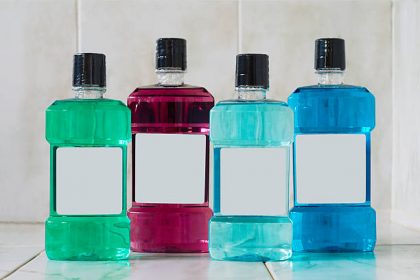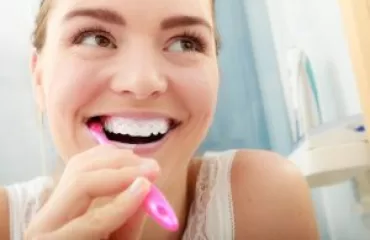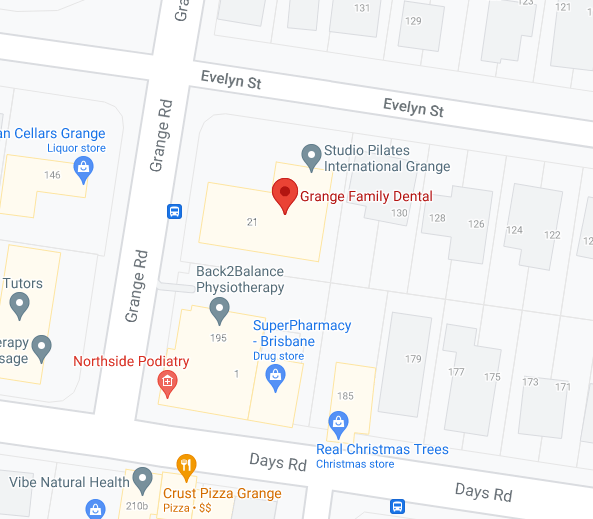
Does mouthwash work?
We’ve all used dental mouthwash before—that minty liquid we absent-mindedly swish around in our mouth and spit out before smiling at ourselves in the mirror. But have you ever wondered if this liquid is good for you? We explore the pros and cons of mouthwash and discuss whether it “works” or is just a marketing-fad.
How does it work?
Commercially produced mouthwashes are made with a range of chemicals and other ingredients to “clean” your mouth. These may include:
- Alcohols: or other antimicrobial agents to kill bacteria and other germs that contribute to bad breath and tooth decay
- Detergents: designed to help dislodge and remove food debris
- Flavours and colours: to help improve taste
- Preservatives: to prevent growth of bacteria in the mouthwash
- Water: to dissolve other ingredients.
In an age where we are conscious and concerned about what we put in our bodies; these ingredients may come as a shock to some, but, they usually contain such small doses to do any real harm to your overall health.
If you don’t use mouthwash in your oral hygiene routine, or don’t want to because of the ingredients, don’t fret, it’s not detrimental. You can use saltwater as an alternative. Salt acts as a natural disinfectant and removes swelling from the tissues. However, it is not recommended as a long-term solution as it could lead to tooth erosion.
There are several situations when your dentist might recommend using a mouthwash as is can help with the following:
- Gum disease
- Tooth decay
- Short term bad breath
- Periodontal disease from pregnancy
- Cavities
- Bacterial build up
Pros
Mouthwash brings the most benefits when used in combination with a proper dental care routine. This includes brushing and flossing your teeth. Most dentists recommend brushing, flossing, and rinsing your mouth everyday for best results. Some other advantages include:
- Healthy Gums: antibacterial mouthwash keeps your gums healthy by washing bacteria away. Bacteria that sticks to your teeth sockets or gums can become troublesome if not removed.
- Fights Cavities: Mouthwash with fluoride can rinse away cavity-causing bacteria and reduces demineralisation of your teeth enamel.
- Minty Breath: Even the quickest swish of mouthwash will leave your breath smelling minty fresh.
- Soothes Canker Sores & mouth ulcers: Mouthwash can soothe pain and irritation by cleansing the area and reducing bacteria build up.
Cons
Side effects will vary and depend on the product you use and your sensitivity to chemicals and other ingredients. This is by no means a comprehensive list and you should stop using it if you are experiencing discomfort. These are a few commonly reported discomforts experienced from mouthwashes with alcohol.
- Irritation: Highly concentrated amounts of alcohol can irritate the tissues of the mouth.
- Masks bad breath: Although you get a nice, minty breath, it only masks the smell. If you are experiencing bad breath commonly, speak with your dentist to find a resolve.
- Not safe for consumption: With all the chemicals in mouthwash, it is not safe for consumption. It is not recommended for minors or children in case they accidental swallow it.
- Increased tooth sensitivity: Excessive mouth washing may cause mouth dryness that may lead to teeth sensitivity.
So, do dentists recommend mouthwash?
It depends on different cases and situations. You can use our information from above to make your own informed decision about whether mouthwash is the right choice for you. Otherwise, speak with your dental provider to discuss your options.









